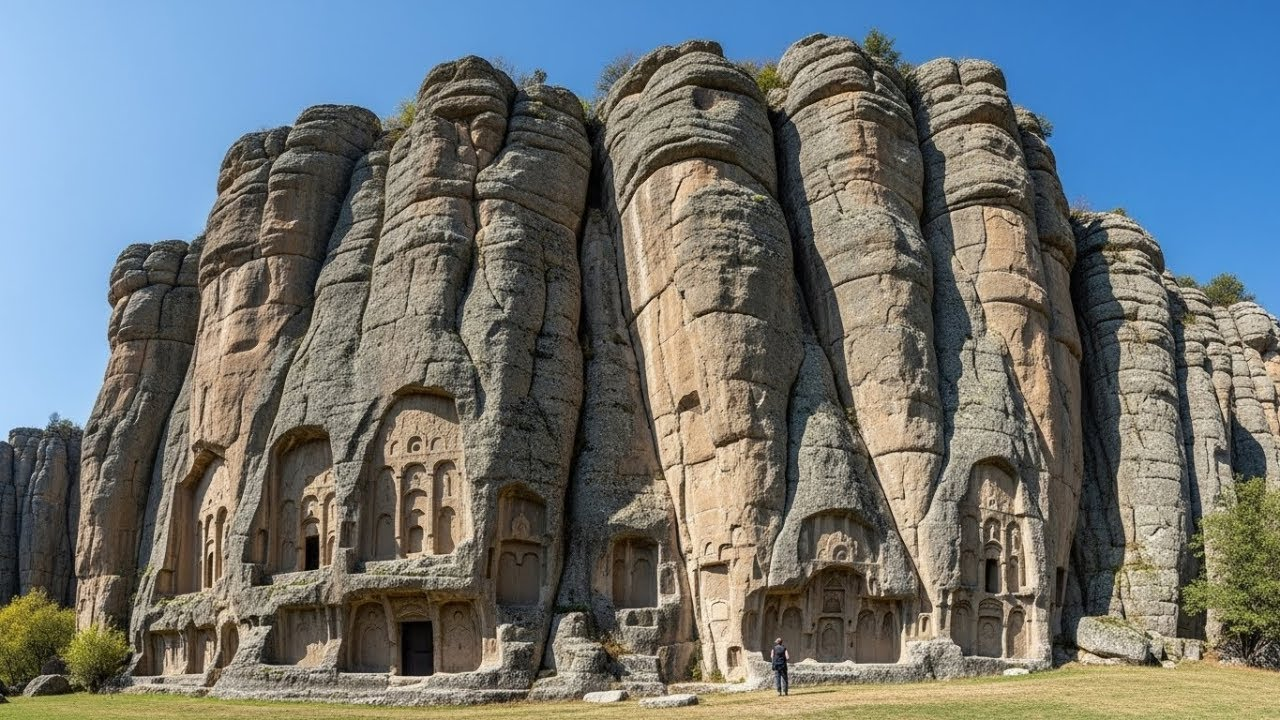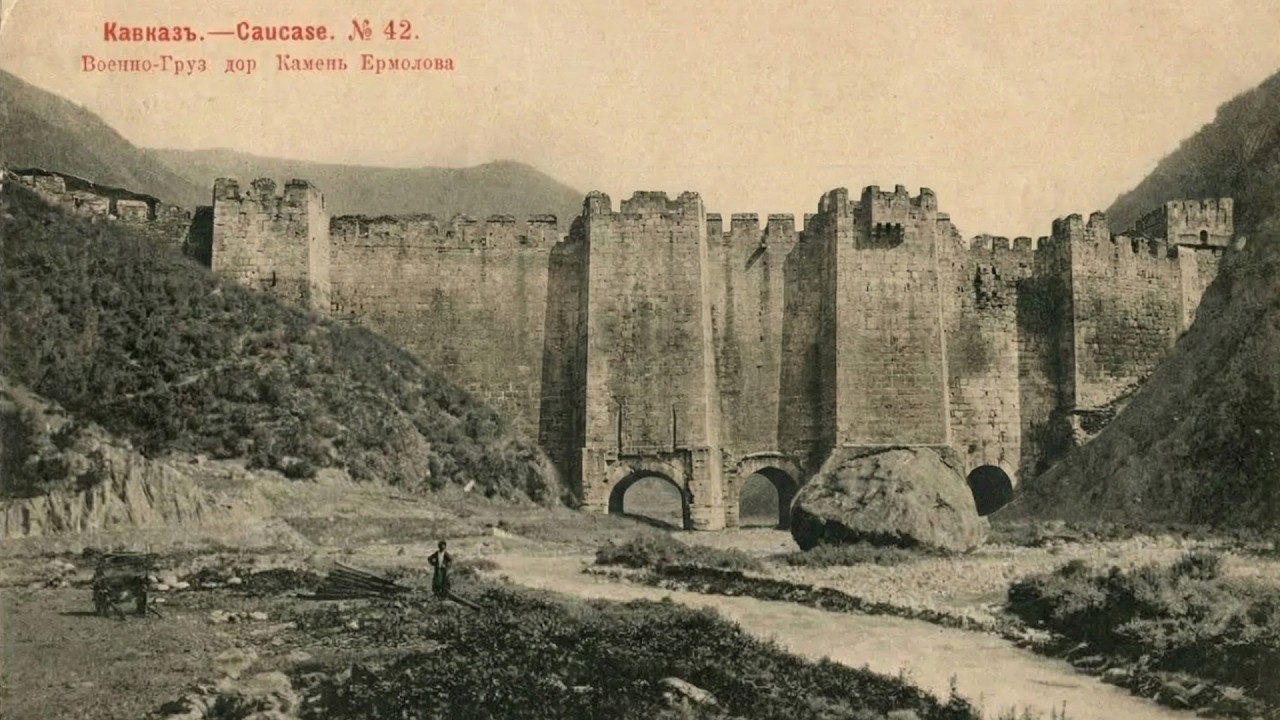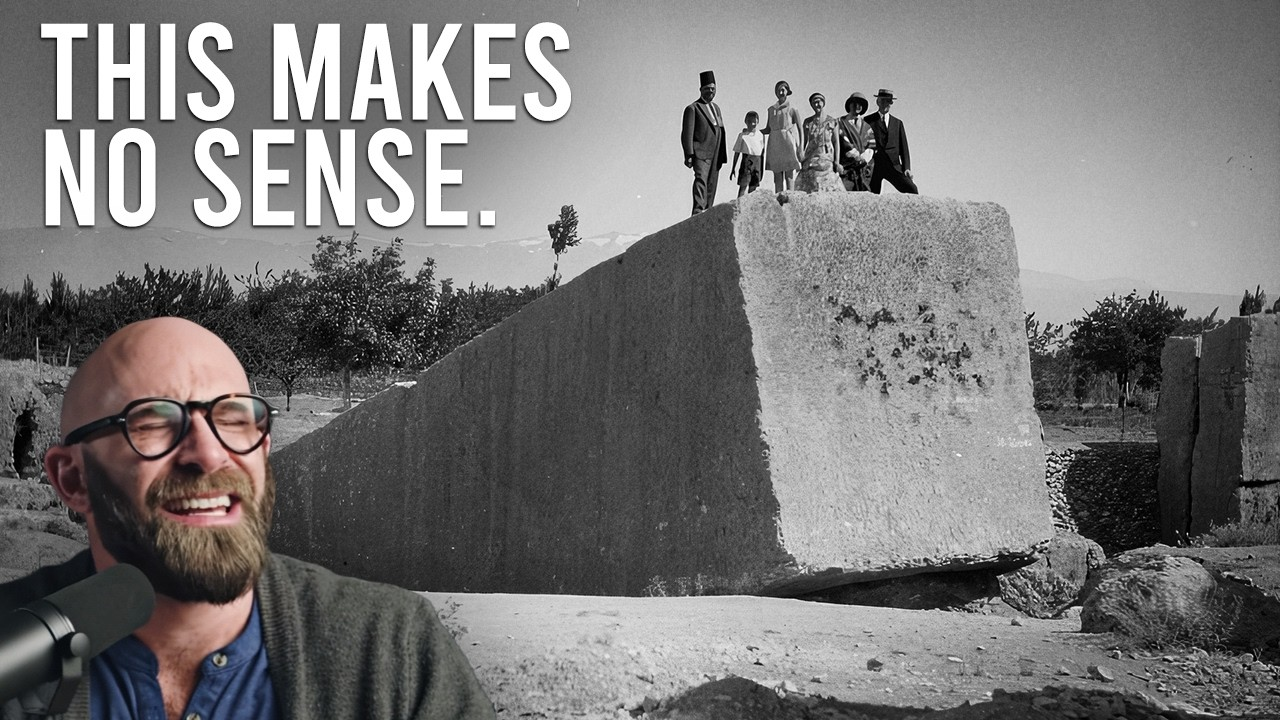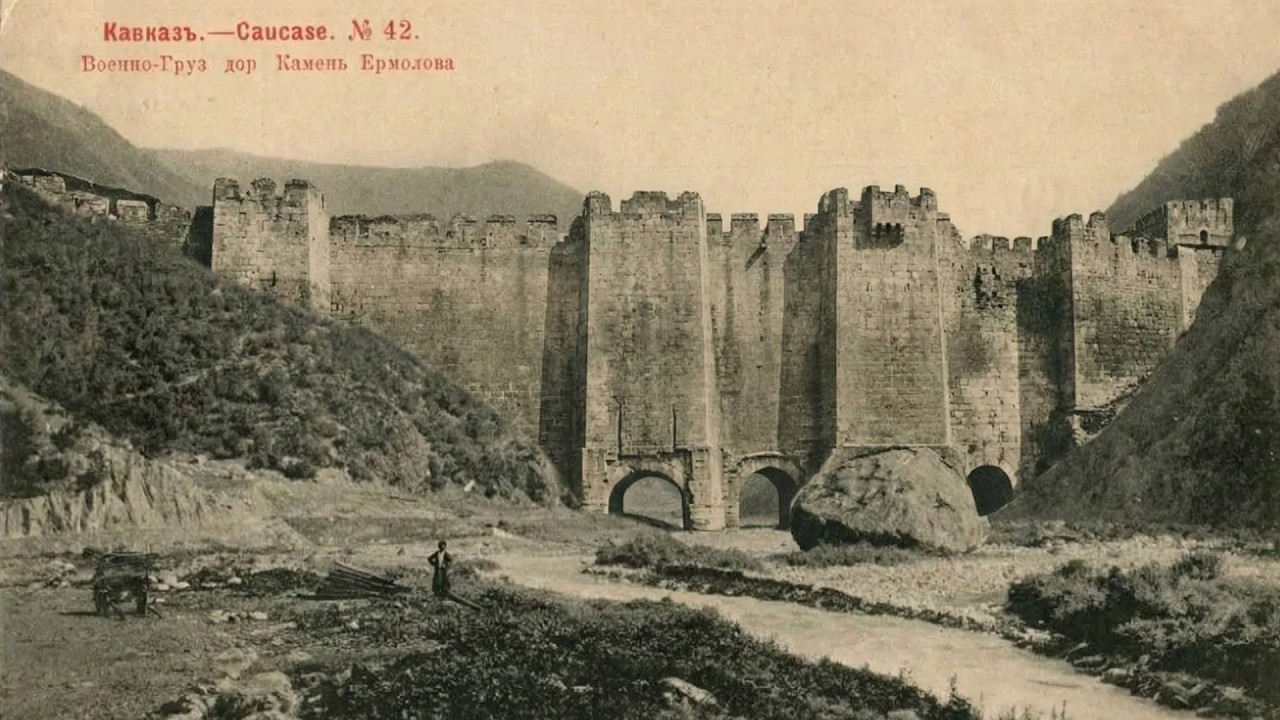The oceans have been used as a means of transportation for thousands of years, with 90% of global commerce still transported by sea. However, until the mid-20th century, humans lacked the ability to predict weather, leading to numerous shipwrecks and billions of dollars lost in the ocean. Shipwrecks hold immense economic and strategic value, leading to a new gold rush in which treasure hunters and investors constantly search for new leads.
However, shipwrecks are also a part of our collective heritage and should not be commercialized or pillaged. Accidents and maritime transport go hand in hand, and while we only tend to address them when they happen near our shores or affect large cruise ships, many accidents remain in the shadows. It is difficult to predict precisely how many ships are lost in particular areas, but it is reasonable to assume that at least a thousand ships a year are lost.
UNESCO estimates that there are three million shipwrecks around the world, but this is likely an underestimate given that less than 5% of the ocean has been explored. The South China Sea is thought to contain the most shipwrecks in the world, with the Strait of Malacca being the busiest shipping channel on the planet.







